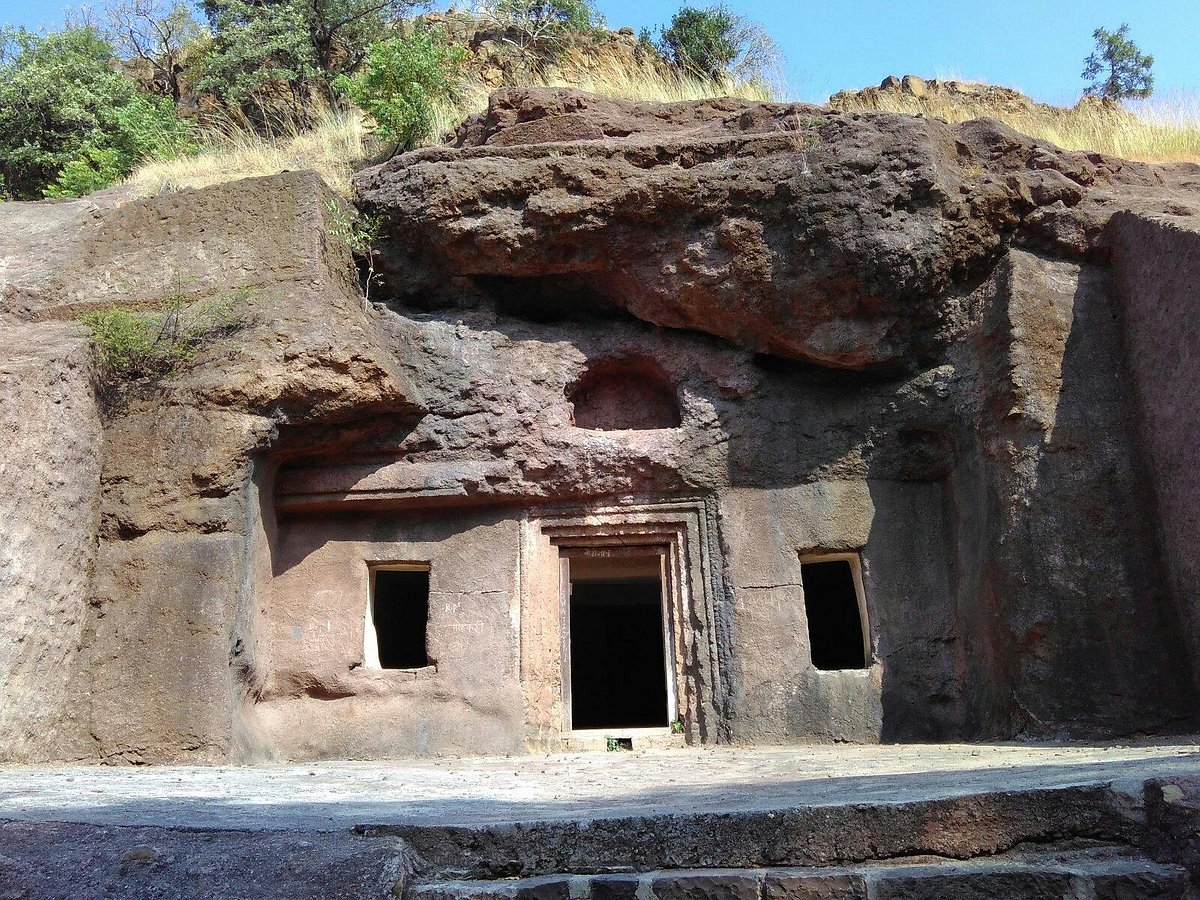Dharashiv Buddhist Caves, Maharashtra

Address
Dharashiv Buddhist Caves, Osmanabad, Maharashtra 413501
Diety
Buddha
Introduction
The dharashiv caves are situated 8 Kms away from Osmanabad city in Balaghat Mountains. The caves was under the control of Archaeological Department. Dharashiv Caves have been declared as Protected area by Government of Maharashtra. Dharashiv caves are believed to be built around 5th-7th century. First cave has been discovered in 10th century during the age of Rashtrakutas, while there have been debates over caves whether they are Buddhist or Jain creations. It is believed that these caves were originally Buddhist.
Puranic Significance
There are total 7 caves in the Balaghat Mountain lane. The first cave is without any statue with small open space .The second cave consists of a statue with Artistic work on right side of statue. The art work is of gandharva era. The fourth cave is with open space without any statue inside. The statue in the sixth cave is damaged while the seventh cave has no statue. That this is an ancient place is shown by the caves excavated in the hill at a distance of about eight miles. These caves were originally Buddhist, but were later converted into monuments of the Jain. There are some more Buddhist caves excavated in the hills, about 8 miles from Dharashiva. The earlier of them are referred by Burgess to the middle of the 7th century A. D. Cave No. II is modeled on the plan of the Vakataka caves at Ajanta. It has a central hall measuring 80 feet by 80 feet, with 14 cells for the residence of the Bhiksus and garbhagraha with a colossal image of the Buddha in Pamasana. From the hoods of a serpent spread over its head, it is supposed by some to be the image of the Jaina Tirthankara Parshwanath, but the figures of deer with a dharmacakra between them on the pedestal indicate that it is that of Gautama Buddha. Another cave (No. III) has a hall of 59’ by 59’, closely resembling Cave No. I. Later some Jain caves (No. V and VI) were excavated on the same hill. It is believed that these caves were originally Buddhist, but were later converted into monuments of the Jain religion, and the these cave including Buddhist, Hindu and Jain, are in this area.
Century/Period/Age
5th-7th century
Managed By
Archaeological Survey of India (ASI)
Nearest Bus Station
Osmanabad
Nearest Railway Station
Osmanabad
Nearest Airport
Osmanabad









